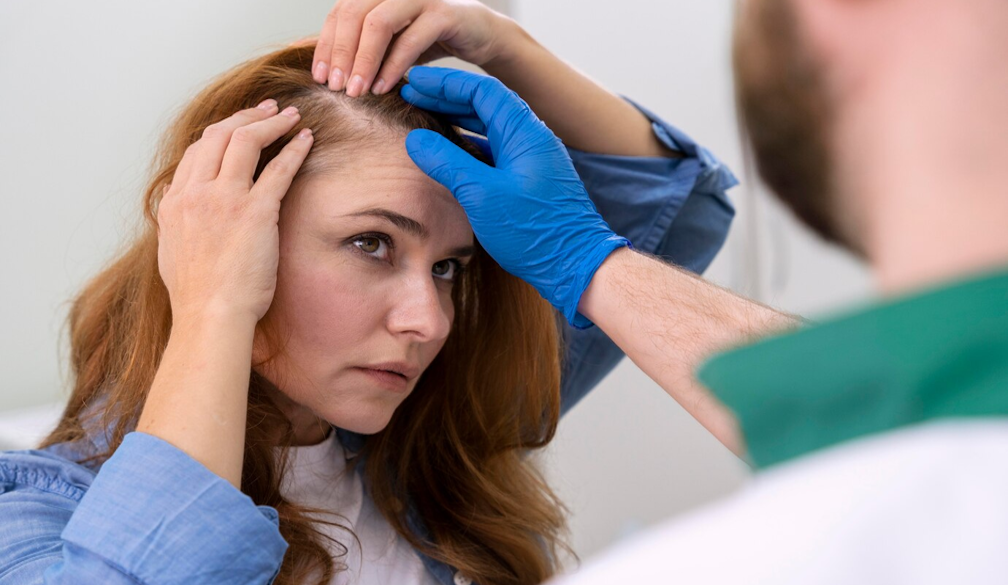How to Pick the Best Hair Loss Treatment for You

Hair loss invades the lives of millions worldwide, wreaking havoc with self-esteem and self-image. With so many to choose from—whether it is topical treatment and medications or newer surgical methods—the choice becomes complex. What works for one might not be feasible for the other; thus, it is essential to come to hair restoration based on a method that is most suitable for your individual needs. Five professional tips are given below that can lead you to the best hair loss treatment for your condition.
Understand the Cause of Your Hair Loss
The first step to choosing a successful hair loss treatment is to know the causative factor. Baldness or thinning of hair is due to several factors, such as genetic, hormonal imbalance, stress, drugs, or diseases such as thyroid disease. Androgenetic alopecia in men, or male pattern baldness, is the most prevalent cause of baldness among men. Diffuse thinning may also be suffered by women due to hormonal or nutritional deficiencies. Obtaining a proper diagnosis by a dermatologist or trichologist means you're coming at the problem from the correct approach and not applying ineffective or worthless treatments.
Evaluate Non-Invasive Treatments First
Before resorting to more drastic treatments, review non-surgical and OTC treatments. Products containing minoxidil have been clinically proven to reduce hair loss and even promote some regrowth. Oral finasteride is another FDA-approved treatment that's primarily for men and helps prevent the hormone that makes hair follicles get smaller. Beyond drugstore options, newer therapies like laser caps and platelet-rich plasma (PRP) injections also encourage hair growth with focused scalp treatments. When buying around for these, take your lifestyle, potential side effects, and frequency you can maintain a regimen into account. Most non-surgical treatments must be repeated weekly or daily for a couple of months before they become effective.
Consider Surgical Options Carefully
If non-surgical measures have not been delivered, you may explore surgical solutions such as hair grafting surgery. These involve redistributing hair follicles from one part of the scalp to another, normally yielding natural and permanent results when performed by an experienced practitioner. In Australia, surgical hair restoration is becoming more popular, with Sydney being a hub for quality clinics and internationally accredited surgeons. If you decide to go this route, choose a professional hair transplant in Sydney to achieve optimal and long-lasting results. However, surgery isn't suitable for all; it's best suited for individuals with sufficient donor hair and realistic expectations. A consultation and scalp assessment will help determine whether or not this procedure is appropriate for you.
Be Wary of Marketing Hype
Not everything that glitters is gold in the hair care aisle. Products and services like to overpromise and underdeliver. When doing research on a treatment, skip past online reviews and consumer feedback. Search scientific trials, read packaging, and talk to medical experts who have no incentive to sell you a product. Be particularly wary of "miracle cures" or treatments that guarantee overnight fixes. Effective treatments work slowly and have advantages and disadvantages. Rumors spread quickly in the age of the internet, so be sure to remain informed from solid sources and peer-reviewed information.
Match Your Treatment with Your Lifestyle and Budget
Good hair loss treatment has a real-world compatibility with your lifestyle. Consider how much time you're willing to commit and how much money you have available to spend. Medicines such as creams and vitamins can be cheap, but need to be applied all the time. Others, like PRP or surgical transplants, are more expensive upfront and may require the necessity for multiple follow-up appointments. Lifestyle, business purposes, and personal requirements all need to be considered. For instance, frequent travellers will not be able to accommodate rigid schedules of application, so low-maintenance solutions would be best. Finally, an effective treatment program has to be weighed in terms of how effectively it works versus how simply it can be done, so you'll be able to do it and follow through.
Finding the perfect hair loss treatment isn't following the trend; it's smart choosing from a place of medical understanding and personal necessity. Begin with understanding why you're losing your hair, and then look at what scientifically proven treatments you and your lifestyle and budget can accommodate. By taking a cautious, systematic, and realistic approach towards hair restoration, one is not only able to regain their hair, but their confidence as well.









